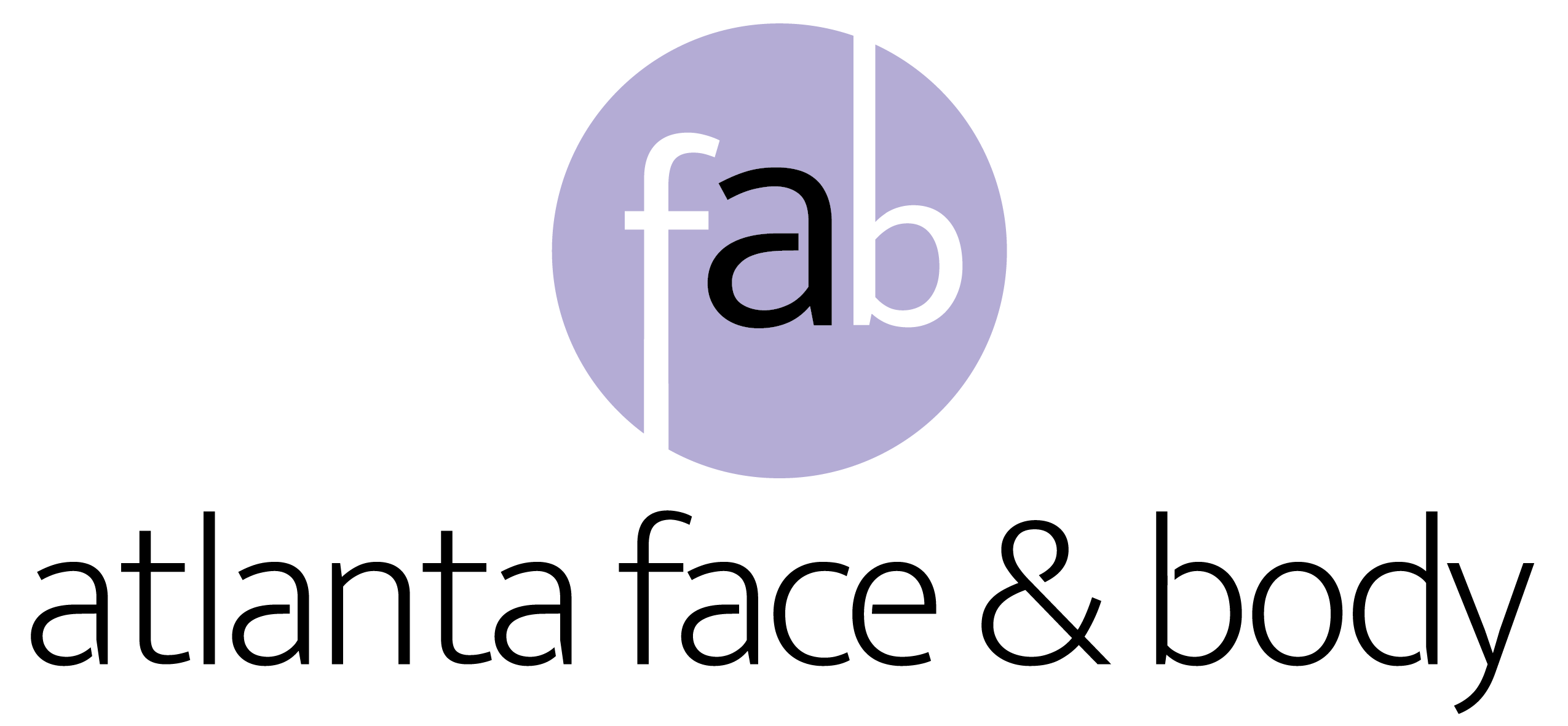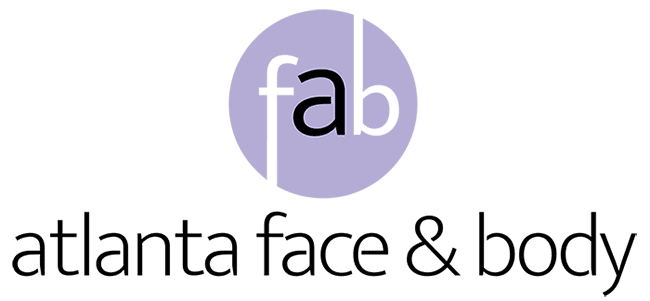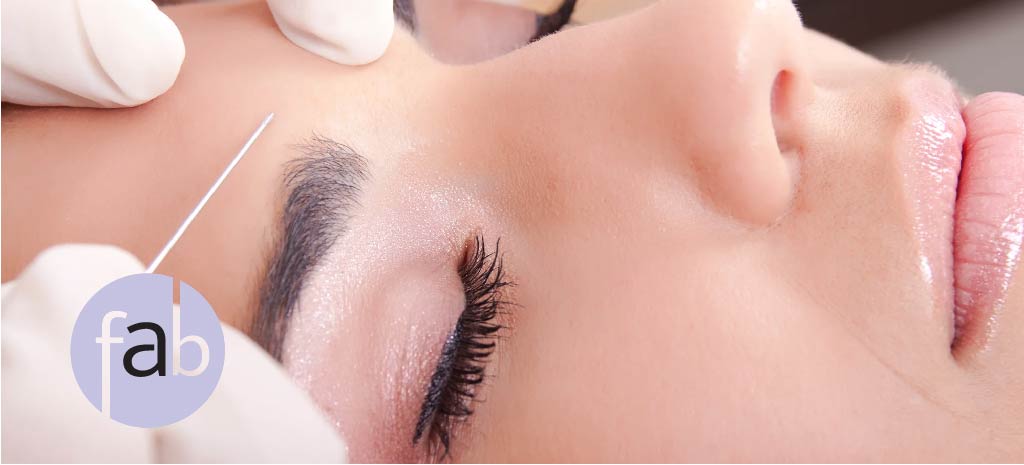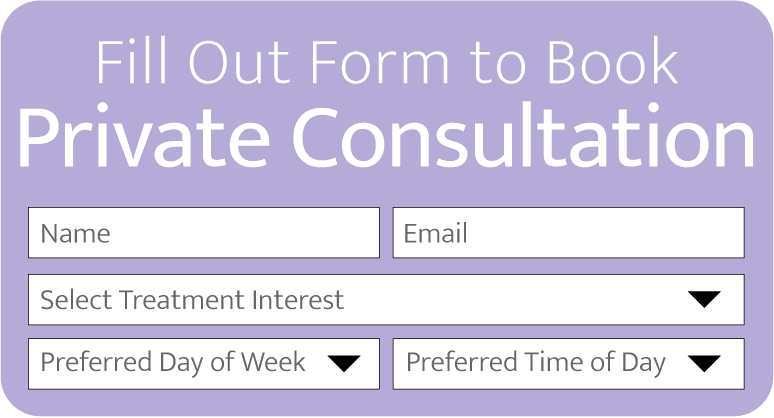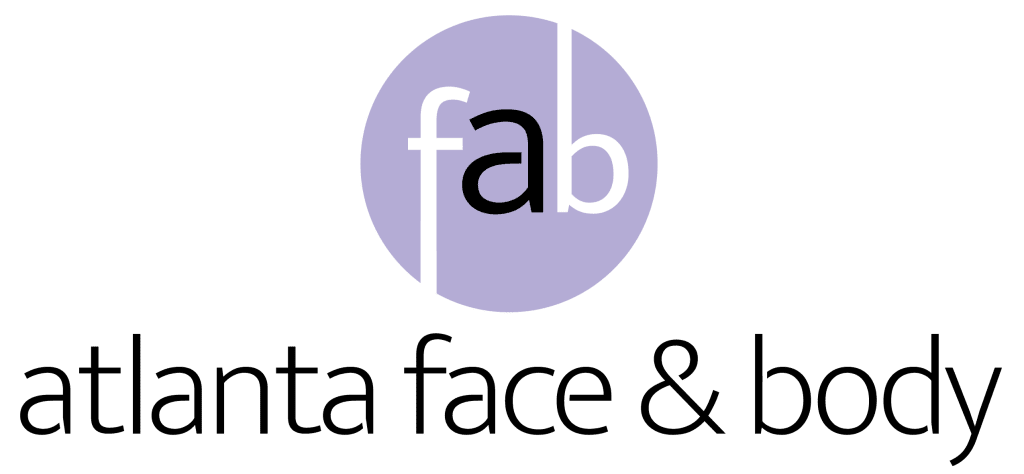You’ve most likely seen those unflattering before and after plastic surgery photos on various gossip sites online. In many cases, the issue behind the photos lies in the plastic surgeon in question. Even in 2020, there are still cases of less than desirable outcomes due to surgical error. Prior to picking a plastic surgeon in the Atlanta area, you should make sure your surgeon has all the necessary skills and an extensive history of satisfied results. But it’s not always the surgeon’s fault when things go wrong. In some cases, the patient’s own preparation and personal aftercare have poorly affected the surgery’s outcome. Preparation and aftercare include meeting certain needs, and proper nutrition is at the top of the list.
Why Nutrition Matters Before And After Plastic Surgery
Swelling and inflammation are the body’s natural response to physical trauma. They occur due to the body sending an increased amount of blood to the trauma’s site. The blood carries with it platelets and other nutrients that help the site heal itself. That said, there is such as a thing as too much swelling and inflammation. Heavy swelling and inflammation result in pain and can hinder healing. Common home remedies include elevation and icing. Elevation places the swollen area above the head to discourage additional blood flow. Icing calms irritation and soothes pain. A severely underestimated remedy is one that prevents excessive swelling and inflammation before they occur. That remedy is your diet. Various foods provide the body with their own nutrients or, sometimes, with their own grime. What you eat has a signification impact on your blood pressure, your weight, your body’s functionality, and your mood. Because food wields such great control over your body, it also determines how it responds to trauma.
What To Eat Pre-Surgery
Pre-surgery, the patient should stick to foods low in sodium. Such foods include the following.
Fruits and Vegetables
It goes without saying that fruits and vegetables are high on the list of things to eat. Fruits and vegetables include a variety of vitamins and nutrients necessary for the body to continue functioning normally. One such nutrient is fiber. Others include antioxidants that help fight infection. It is a wise idea to consider fruits and vegetable your main source of food in the week or so prior to your surgery. Particular fruits of note include oranges, apples, and bananas. Vegetables to consume include carrots and raw greens such as lettuce and broccoli.
Whole Grains
Whole grains, while nutritious, can prove problematic when it comes to planning a pre-surgery diet. Like canned vegetables, whole grains are almost always preserved prior to bagging and sealing. As such, they tend to include a lot of sodium. If you can find a whole grain food marked “low sodium,” go with it. That way, you can get the nutrition you need without the excess salt.
Meats
Red meat, while high in protein, contains unhealthy trans fats that clog up your veins. They also contain Omega 3 fatty acids, which can increase the amount you bleed during and after surgery. To get the protein you need without the trans fats, choose healthy, lean meats. Choice lean meats include chicken, fish, and lean pork. Other sources include unsalted nuts, eggs, and raw beans.
Dairy Products
Dairy is another tricky nutrition category to navigate when it comes to selecting healthy pre-surgery foods. Dairy foods tend to feature trans fats and sodium for preservation. When shopping for dairy pre-surgery, select low-sodium cheese and low-fat milk. A safe bet is yogurt.
Dressings
While mayonnaise and other high-sodium dressings should be avoided, there are some low-sodium options in which you can indulge. These options include vinegar, low-sodium butter, vegetable oils, garlic, and onions.
Foods To Avoid
Fast food options such as French fries, hamburgers, and pizza should be avoided at all costs. Not only do they contain excessive levels of salt and fat, they usually come in large portion sizes. Anything that is cured or comes in a can or package will likely contain copious amounts of salt for preservation. Unless the nutrition label confirms low salt and fat levels, it’s best to avoid these foods. The same goes for processed foods. Almost anything that comes in a can or package will be processed and lack its original nutrition. Again, avoid these foods unless you can confirm a high level of nutrition via the nutrition label. Substances such as caffeine and alcohol aren’t just unhealthy, they can interfere with the anesthesia and other drugs the surgeon may give you. Avoid them prior to your surgery. The same goes for aspirin and other painkillers. These medicines thin the blood, resulting in increased bleeding.
What To Eat Post-Surgery
The goal of a post-surgery diet is to promote healing, avoid infection, and reduce surgical side effects. As such, most everything you should eat before and after plastic surgery will be the same. Below are a list of additional foods.
Soft Foods
Stress, including the physical stress that surgery causes the body, stunts digestion. Foods consumed in the few days post-surgery should be of the soft, bland variety. Popular but effective consumption choices include soup and healthy shakes.
Red Wine
It’s true, alcohol is a high-calorie consumption choice that can turn fatal if consumed in high amounts. However, a glass of red wine per day promotes a healthy heart as well as an overall system balance. Generally, it is recommended that you drink this glass right before bedtime.
Additional Tips
Non-fast food restaurant dishes and frozen TV dinners often feature a lot of sodium, preservatives, and other unhealthy ingredients. When recovering from (or preparing for) surgery, it is a good idea to make your own meals. Preparing your own meals from scratch reduces the amount of salt you intake during such a critical time.
Need More Tips For Before And After Plastic Surgery Care? Contact Us!
At Atlanta Face and Body, we understand you’re considering plastic surgery not just to look better. You want to feel better as well. For more before and after plastic surgery care tips or for more information about plastic surgery in general, reach out to us today.
